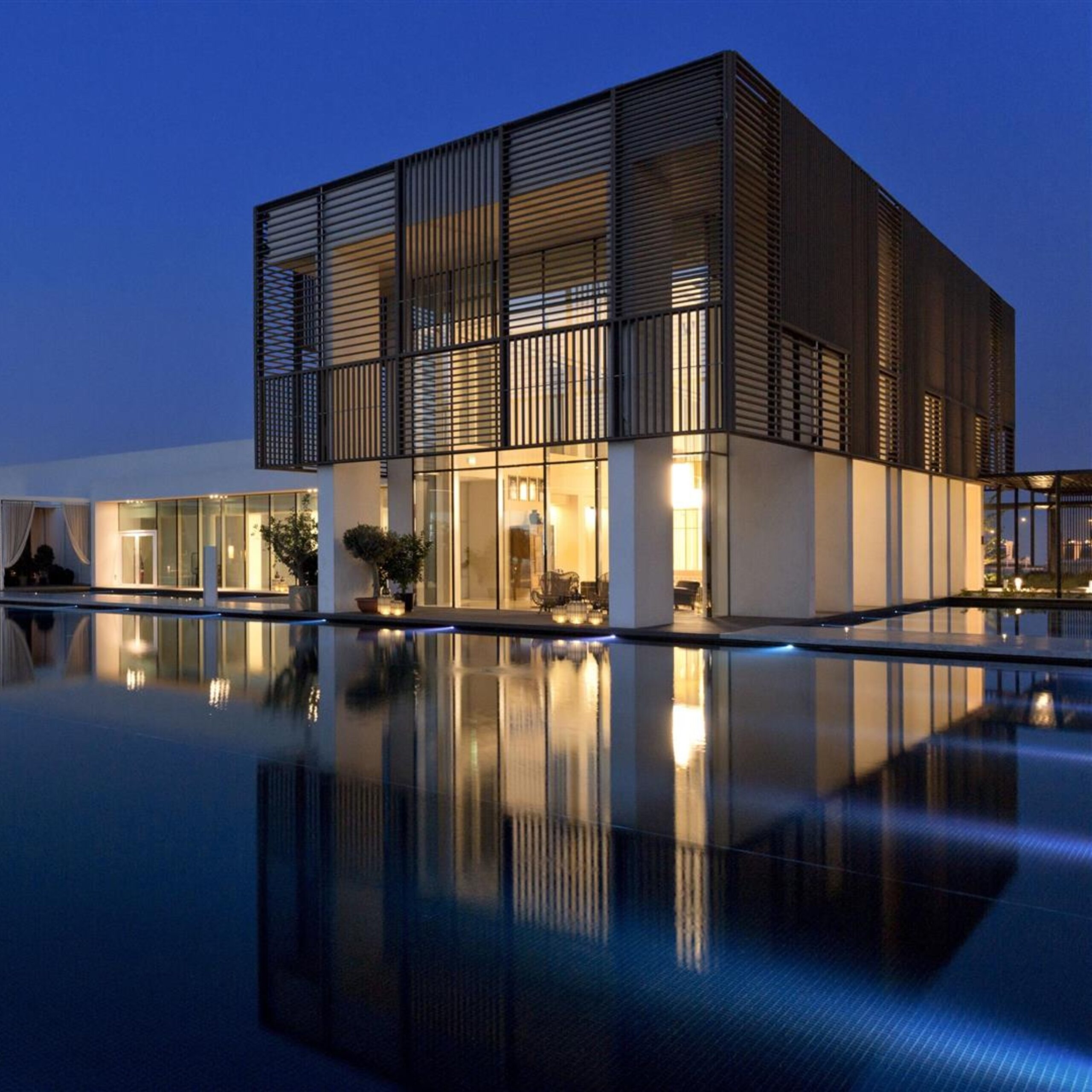Oberoi Hotels marks the end of an era as it announces its permanent exit from the UAE hospitality market. The luxury hotel chain’s local presence comes to an end after it wrapped up a partnership deal with the local state government that owns its Ajman property.
EIH, a member of the Oberoi Group, signed the lease for the Ajman property in 2017, when its late chairperson, P.R.S. Oberoi, mentioned that it was developed by Al Zorah Development Co., a joint venture between the Government of Ajman and Solidere International, which also features a golf course.
At that time, EIH operated a total of 32 hotels worldwide, in addition to two Nile cruises. Currently, the company manages 31 hotels and two cruises. However, with the potential loss of the Ajman property in the coming months and the imminent loss of its managed property in Shimla, Wildflower Hall, the hotel company may face challenges as it aims to achieve ambitious targets for 2030.
Earlier this year, EIH announced a robust pipeline for new hotels. In March, Vikramjit Oberoi stated that the company plans to add 50 new hotels in various locations. Its hotels worldwide and in India operate primarily under two brands: Oberoi (luxury) and Trident (five-star). Two years ago, the company also ended its partnership at the Dubai City Center, which has since been rebranded as Anantara Downtown Dubai Hotel in the business bay near Burj Khalifa.
One employee with direct knowledge of the exit revealed that “the announcement was a complete surprise.” The employee stated that “business had been outperforming budget expectations in recent months. We were informed that the management would be handed over to another international operator within a few months. The owners of the property reassured us that one of the key terms agreed with the new operator was that all employees would be retained.
Kallol Kundu, the group’s chief financial officer and chief risk officer, provided details from an investor call in the March quarter of FY24. The UAE market had “softened a little in terms of the average room rate, but with an increase in occupancies,” when compared to its other properties spread across Southeast Asia and Africa. Emerging geopolitical tensions in the Middle East also pose as factors for the hotelier’s departure from the UAE.





